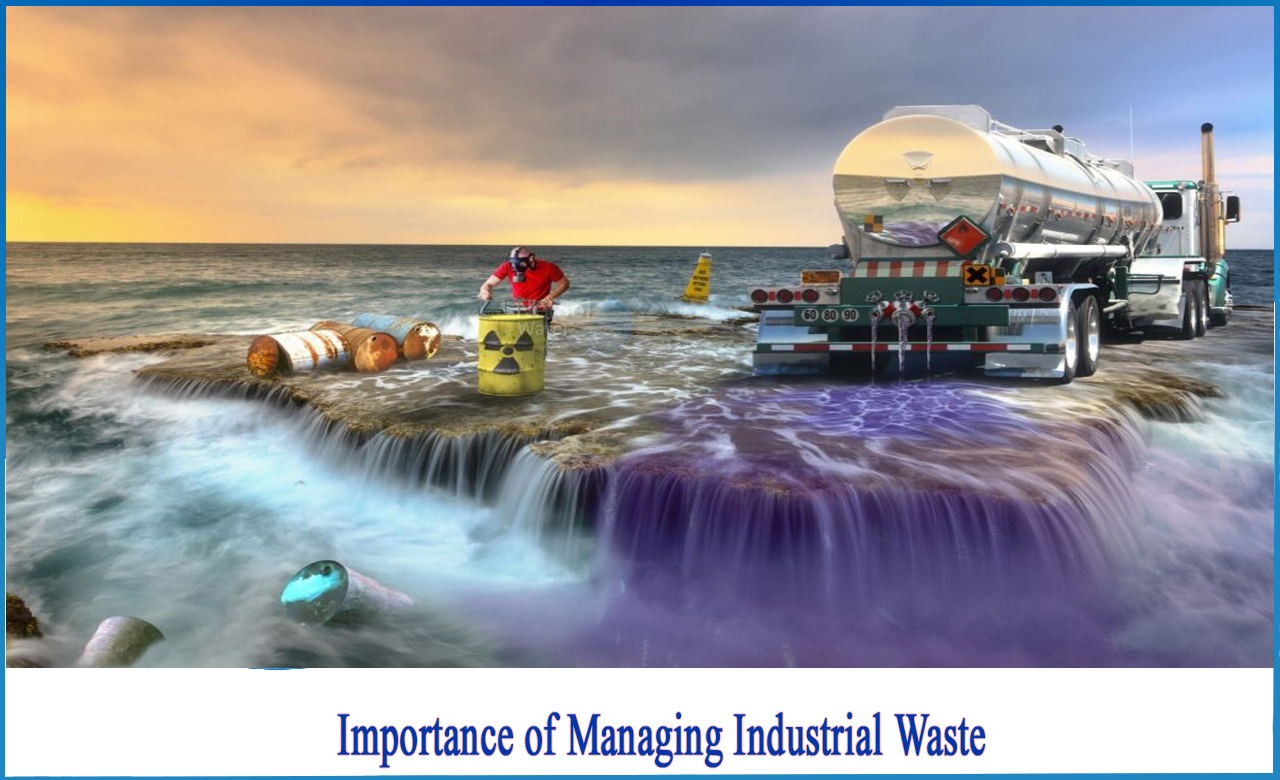All About Reclaim Waste
All About Reclaim Waste
Blog Article
Reclaim Waste for Dummies
Table of ContentsThe Reclaim Waste IdeasSome Known Factual Statements About Reclaim Waste Excitement About Reclaim WasteReclaim Waste Can Be Fun For AnyoneReclaim Waste Things To Know Before You Buy
Residential sewage waste refers to the waste and items from a household septic tank. The proper monitoring and disposal of residential sewer waste require liquid waste to be transferred to a sewage therapy plant where the correct approaches and tools are applied to purify and dispose of waste.
Industrial waste usually consists of prospective threats, such as combustible materials or a combination of liquid and solid waste items, and requires an extra innovative and comprehensive disposal procedure. The disposal of industrial waste typically entails the purification of waste prior to transportation to make certain risk-free and appropriate disposal. Hazardous waste is developed from results and overflow of industrial procedures and manufacturing.
This sort of waste can not use the exact same sewer monitoring transportation or procedures as septic or commercial fluids. The hazardous waste administration process needs the examination and screening of liquid waste prior to it goes through the disposal procedure (liquid waste removal). Overflow waste is the liquid waste that comes from runoff and excess stormwater in extremely populated locations or cities
Runoff waste can create contamination and flooding otherwise dealt with properly. Discover more concerning sewage system cleansing and waste management. Making certain proper waste monitoring can avoid catastrophes and minimize ecological harm. Both people in residential setups and specialists in commercial or production industries can take advantage of recognizing the processes and laws of liquid waste monitoring.
6 Simple Techniques For Reclaim Waste
Get in touch with PROS Providers today to learn more about our waste management and disposal services and the appropriate means to take care of the fluid waste you produce.
(https://www.tripadvisor.in/Profile/reclaimwaste1)Do you recognize what happens to your water when you disengage, purge the toilet or drain pipes the washing equipment? No? Well, it deserves understanding. This so-called 'wastewater' is not just an important resource yet, after treatment, will be released to our land, rivers or the sea. Utilized water from bathrooms, showers, baths, kitchen sinks, washings and commercial processes is referred to as wastewater.

water used to cool down equipment or clean plant and tools). Stormwater, a form of wastewater, is drainage that flows from farming and urban areas such as roof coverings, parks, yards, roads, paths and rain gutters right into stormwater drains, after rain. Stormwater flows unattended directly to local creeks or rivers, ultimately reaching the sea.
Unknown Facts About Reclaim Waste
In Queensland, the majority of wastewater is treated at sewer treatment plants. Wastewater is carried from residential or commercial websites via a system of drains and pump stations, known as sewage reticulation, to a sewer therapy plant.
The Division of Natural Resources advises city governments regarding managing, operating and preserving sewage systems and treatment plants. In unsewered areas, city governments might require homeowners to install individual or house sewer therapy systems to deal with domestic wastewater from toilets, cooking areas, restrooms and washings. The Department of Natural Resources authorises the usage of household systems when they are proven to be effective.
In some new class, therapy of some stormwater to eliminate trash, sand and crushed rock has actually started utilizing gross pollutant traps. Wastewater treatment happens in four phases: Eliminates strong matter.
Wastewater after that flows right into huge storage tanks where solids clear up and are eliminated as sludge. Grease and scum are skimmed from the surface area. Uses tiny living organisms knows as micro-organisms to break down and get rid of remaining liquified wastes and fine particles. Micro-organisms and wastes are included in the sludge. Gets rid of nitrogen and phosphorus nutrients that might cause algal blossoms in our rivers and endanger water life.
The Of Reclaim Waste
Nutrient elimination is straight from the source not available in all sewer treatment plants due to the fact that it calls for costly specialised devices. It is becoming much more usual in Queensland. Clear liquid effluent produced after therapy might still contain disease-causing micro-organisms. If this effluent is launched right into waterways such as rivers or the sea, the micro-organisms will ultimately pass away out.

A lot of wastewater flows right into the sewerage system. Under the Act, regional federal governments provide approvals and permits for ecologically appropriate tasks (ERAs) involving wastewater releases that could have a neighborhood influence.
A Biased View of Reclaim Waste
Otherwise, samples are considered lab evaluation. Commonly lots of tests are needed to establish the levels of each of the various toxins such as oils, heavy metals and pesticides in water. Monitoring provides factual details regarding water high quality and can validate that licence conditions are being satisfied. The information gotten with surveillance gives the basis for making water high quality decisions.
Report this page